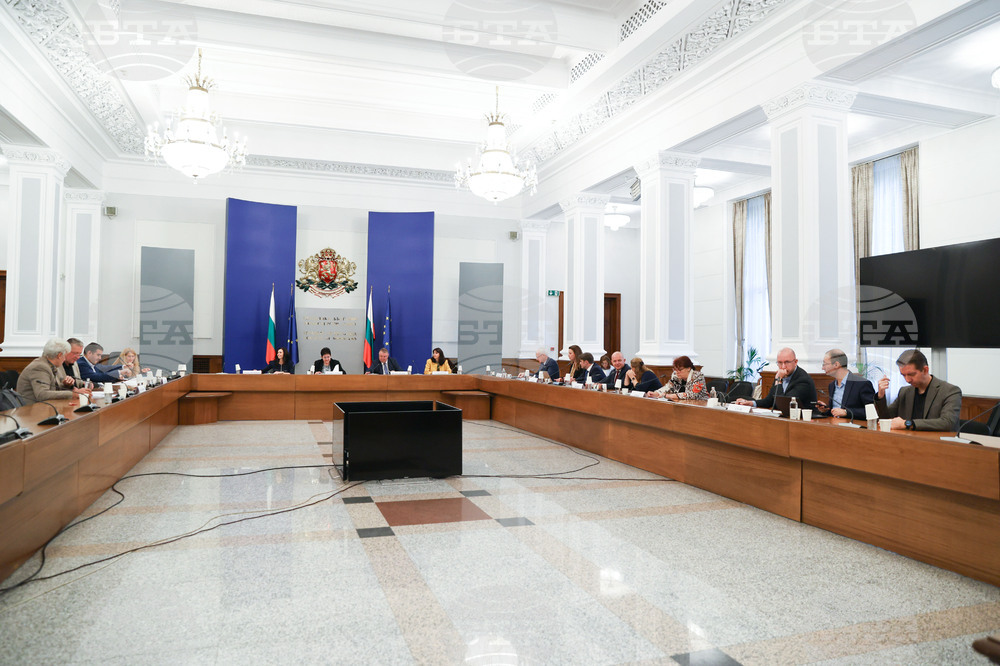site.btaGovernment, Employers, Trade Unions Fail to Reach Agreement on Minimum Wage for 2025


The National Council for Tripartite Cooperation (NCTC) did not agree on the level of minimum wage for 2025. Caretaker Labour and Social Policy Minister Ivaylo Ivanov presented Council of Ministers' draft decree, which proposes a minimum wage of BGN 1,077 from January 1.
Trade unions supported the draft, but business representatives disagreed with the proposal. "We propose that no new minimum wage be set for next year until the EU directive on adequate minimum wages is transposed," said Bulgarian Industrial Capital Association Chairman Vasil Velev.
The minimum wage has an effect on the wages set for a large segment of employees, Ivanov said. Its increase by BGN 144 will raise the motivation of the lowest income segment of the labour force to seek work, enter and stay in the labour market, according to the Labour and Social Policy Ministry.
Confederation of Independent Trade Unions of Bulgaria President Plamen Dimitrov quoted Eurostat data which show that in 2022 and 2023 in Bulgaria the ratio of statutory minimum wages to average gross wages was the lowest among countries with a statutory minimum wage in the European Union. He argued that increase in the minimum wage does not hinder the competitiveness of the economy. Currently, the country has one of the lowest unemployment rates, the number of low-skilled workers who are employed at the minimum wage is increasing and thus stimulating employment, which increases consumption and leads to growth in the economy, Dimitrov added.
The growth of the minimum wage for next year is legitimate, comparable with the average of the EU Member States and thus leaving Bulgaria with the lowest level, Dimitrov said.
"We are still at the bottom of Europe in terms of income inequality," said Podkrepa Confederation of Labour economist Atanas Katsarchev. He gave example of the hourly pay of Bulgarian students in the US, who get USD 16-20 an hour for picking blueberries, adding that this is one of the reasons why there is a shortage of labour in Bulgaria.
/MT/
news.modal.header
news.modal.text